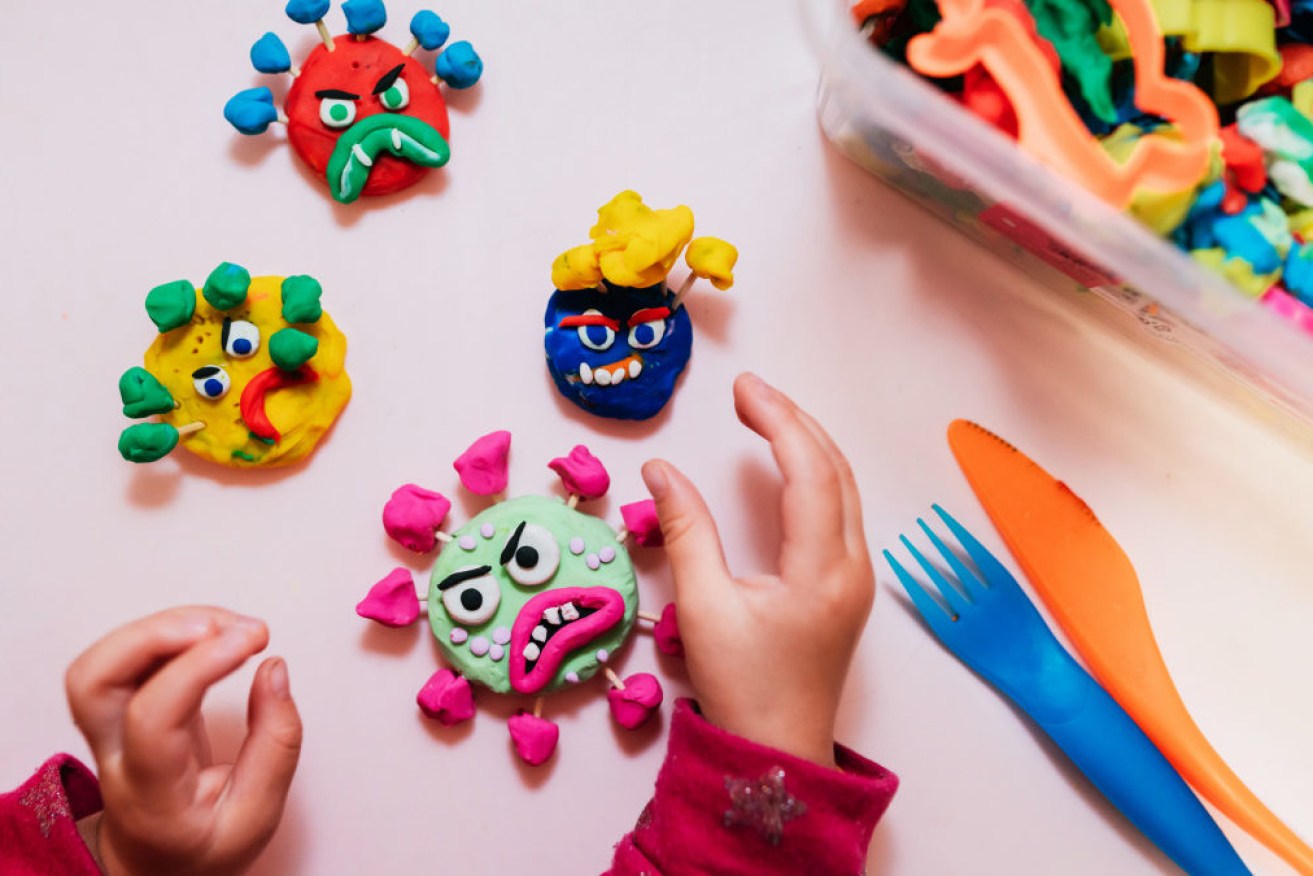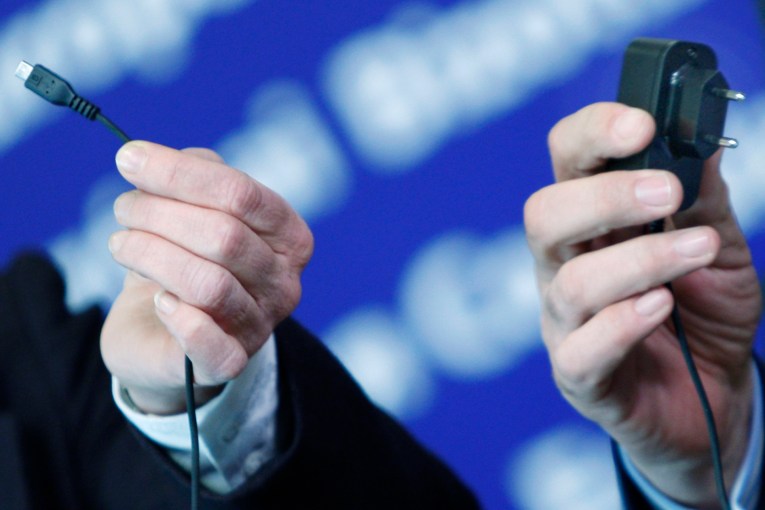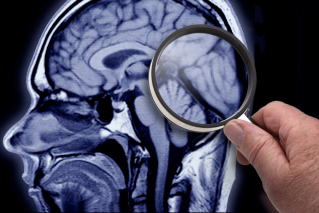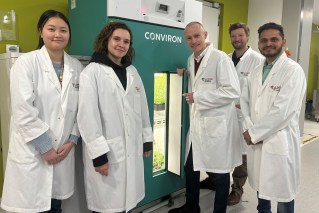Coronavirus: Kids in Australia at low risk of COVID-19 infection, severe symptoms, study finds


Kids are less vulnerable than adults -- and will even safer when vaxxed, health authorities say. Photo: Getty
Children and adolescents in Australia are at low risk of coronavirus infection and few develop severe symptoms of the disease, a study has found.
In the first 30 days since seeing their first patient, the number of children testing positive to COVID-19 at a major Australian children’s hospital was low, the Murdoch Children’s Research Institute study found.
Of the four children that contracted the disease, none required in-hospital treatment, developed severe symptoms, or had significant additional medical conditions, the research published in Emergency Medicine Australasia on Friday said.
The four-week study is the first to examine the rate of COVID-19 in children and adolescents presenting to an Australian hospital.
It began after the first positive case was confirmed at the Royal Children’s Hospital in Melbourne on March 21.
During that time 434 patients, aged 0 to 18 years old, presented to the hospital’s emergency department and respiratory infection clinic with coronavirus symptoms.
Just four of the children tested positive for the virus, and none required hospital admission or suffered severe symptoms.
They all recovered within two weeks after experiencing mild upper respiratory symptoms like a sore throat, and only one was managed under the Hospital-in-the-Home program.
MCRI researcher Shidan Tosif oversaw follow-up with the kids’ families.
With no hospitalisations required, the data highlighted the success of outpatient management for COVID-19 positive patients, he said.
“The patients were not admitted to hospital after having a clinical assessment, knowing that their COVID-19 test may later return a positive result,” Dr Tosif said.
We were confident that treating children with COVID-19 in the home was the best option.”
Dr Tosif said so far there were no reported cases of the multisystem inflammatory syndrome similar to Kawasaki disease that have been described overseas.
“Australians have participated so well in physical distancing measures that we expect to see no or low numbers of patients with this rare complication, even though we are watching very, very carefully for it,” Dr Tosif said.
Results ‘reassuring’ for parents
MCRI’s Dr Laila Ibrahim said the study was reassuring for parents with children presenting to hospital with the usual childhood acute respiratory illnesses such as asthma, croup and bronchiolitis, that at this time it was very unlikely they have COVID-19.
Parents should not delay seeking hospital treatment for their children due to fears of contracting the virus, she said.
“The data shows that many worried parents are coming to the hospital when their child has a cough or fever, but of over 400 children tested, only four tested positive to COVID-19,” Dr Ibrahim said.
This study shows that Australia has responded extremely well to the threat.
“Hospitals are a safe place with a very low risk of being exposed to COVID-19, and community transmission over the course of the study period was also low.”
Despite the low number of coronavirus cases in children in Australia to date, data from other countries has shown that children could still become severely unwell with COVID-19, Dr Ibrahim said, cautioning against community complacency towards the highly infectious disease.








